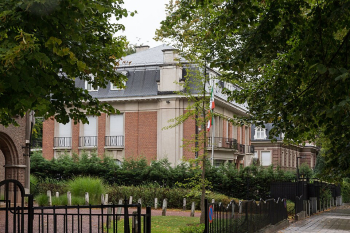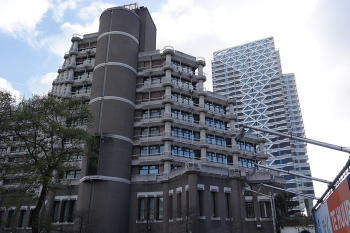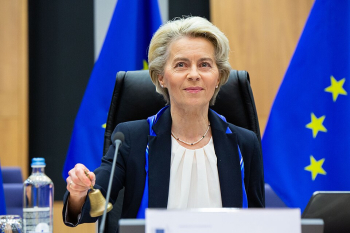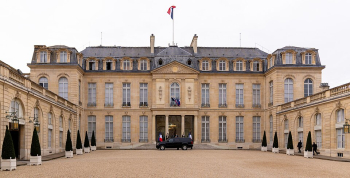
As Belgium's upcoming European, federal, and regional elections loom less than a year away, a notable shift toward the political fringes is becoming apparent.
The traditional center is eroding as parties at both ends of the political spectrum dominate the polls. This trend begs the question: What implications might this polarization hold for Belgium?
Scheduled for June 9, 2024, Belgium's elections are already showing intriguing trends, even though it's premature for polls to predict precise outcomes. Belgian voters are gravitating increasingly towards extremist political ideologies, leading to a decline in support for traditional centrist parties.
If an election were held today, an unprecedented number of voters would likely cast their ballots for the far-right Vlaams Belang party or the far-left Workers' Party of Belgium (PVDA/PTB). According to the aggregated "Poll of Polls" conducted by POLITICO, these two parties presently claim the first and second positions nationally.
However, Belgium's unique political system complicates straightforward conclusions drawn from opinion polls. With projections indicating Vlaams Belang could secure 22 out of 150 seats, emerging as the largest party in the federal parliament, and PVDA/PTB closely following with 21 seats, a thorough analysis is required to comprehend the ideological dynamics.
A Complex System of Parties and Ideologies
Belgium's political landscape is intricate due to linguistic divisions, with many parties only contesting elections in one region. While parties may share ideological roots, they often diverge across linguistic boundaries. The true national party is PVDA/PTB, standing across the entire country. Vlaams Belang has no counterpart in Wallonia, forming its distinct political family.
Considering political families provides a nuanced view of the situation. In this light, socialist parties like PS (French-speaking) and Vooruit (Flemish) emerge as leading contenders with a projected total of 36 national seats, surpassing other factions.
Nonetheless, forming a coalition isn't straightforward due to regional and ideological differences. The rise of Vlaams Belang and PVDA/PTB in 2019 complicated government formation, resulting in a record-setting 652 days to establish a permanent government.
Anticipating Challenges and Impact
The ascent of Vlaams Belang and PVDA/PTB presents challenges for government formation and governance at both federal and regional levels. While a federal coalition involving these parties appears unlikely, their results will significantly shape coalition dynamics.
Regionally, Vlaams Belang holds substantial influence in Flanders, polling at around 23%. Its alignment with N-VA, another Flemish nationalist party, could be pivotal, but the breach of a cordon sanitaire remains uncertain.
PVDA/PTB garners support in Wallonia and is growing in Flanders. Its rise could widen the north-south ideological divide and rejuvenate discussions about regional autonomy.
As Belgium navigates these elections, the impact of political extremes on government dynamics and regional autonomy remains a subject of intrigue and concern. Photo by Theedi, Wikimedia commons.

















